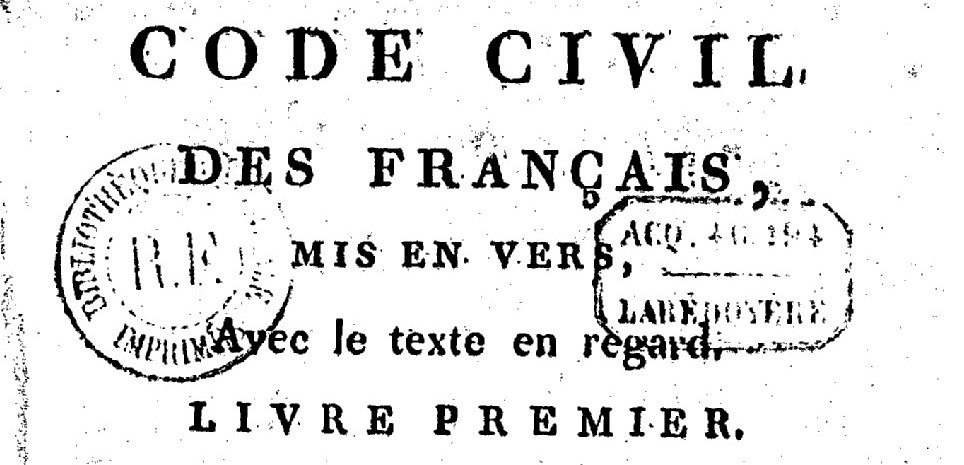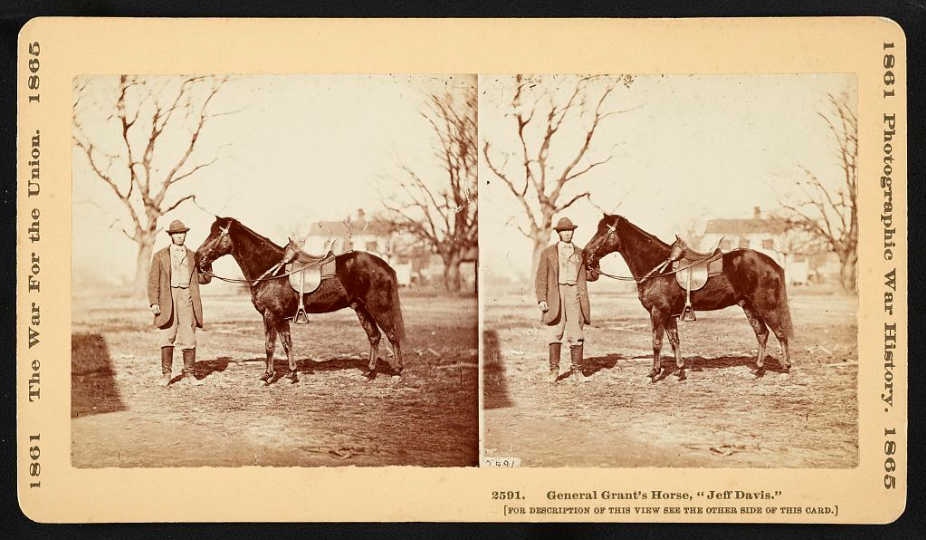In 1983 poet David Melnick reinterpreted the first book of Homer’s Iliad by brutely understanding the spoken Greek as English, producing a bathhouse farce:
Men in Aida, they appeal, eh? A day, O Achilles.
Allow men in, emery Achaians. All gay ethic, eh?
Paul asked if team mousse suck, as Aida, pro, yaps in.
Here on a Tuesday. “Hello,” Rhea to cake Eunice in.
“Hojo” noisy tap as hideous debt to lay at a bully.
Ex you, day. Tap wrote a “D,” a stay. Tenor is Sunday.
Atreides stain axe and Ron and ideas’ll kill you.
In 2015 he published two more books, in each “hearing” Homer’s words as English. He calls it Men in Aïda.





